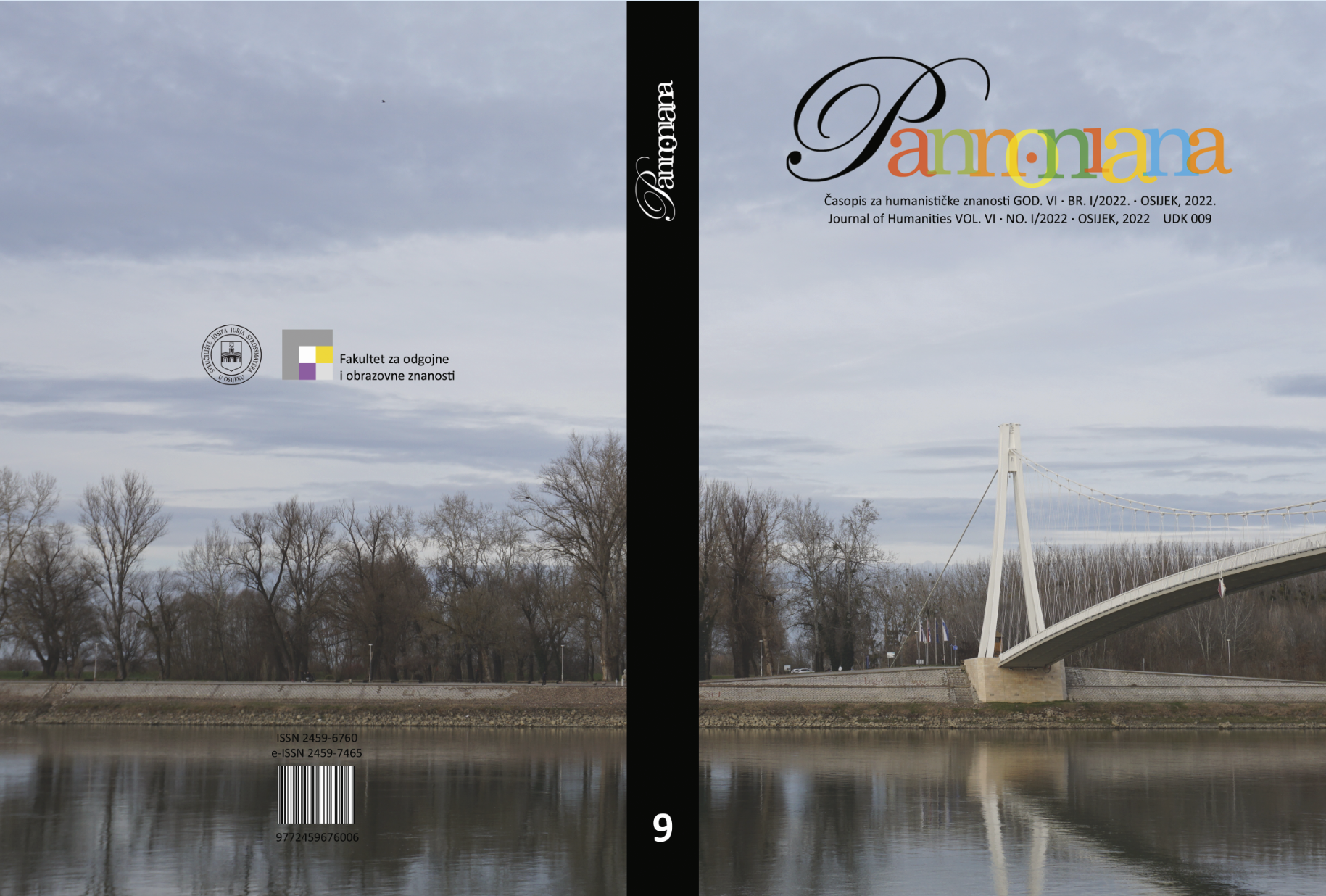Bioethics and “The Most Important of the Least Important Things”
Original scientific article
DOI:
https://doi.org/10.32903/p.6.1.2Keywords:
cheating, sport, football, controversies, utilitarianism, Thierry Henry, moral evaluationAbstract
The paper considers the validity of cheating in sports and the consequences of such practices, especially in football. The focus of the research is, first of
all, the controversial thesis of some philosophers that cheating can make the sport more dynamic and attractive to the audience and thus indirectly generate greater benefits to its stakeholders. The authors are of the opinion that cheating within any framework of ‘flexibility’ of the rules cannot be (bio)ethically justified or morally acceptable since the idea of sports competition as such would be delegitimised. They then analyse in the text the specific act of cheating made by Thierry Henry in a match between France and the Republic of Ireland as part of the UEFA second round of qualification for the 2010 FIFA World Cup. The authors conclude that, by helping to score a goal on fraud and later refusing to admit his wrongdoing, the French striker derogated the constitutive rules of football and sportsmanship rules, violated the reference moral values in sport and the fair play dimension, and questioned the integrity of the activity itself, i.e., the game.
Downloads
Published
Issue
Section
License
Copyright (c) 2022 Pannoniana

This work is licensed under a Creative Commons Attribution-NonCommercial-ShareAlike 4.0 International License.




